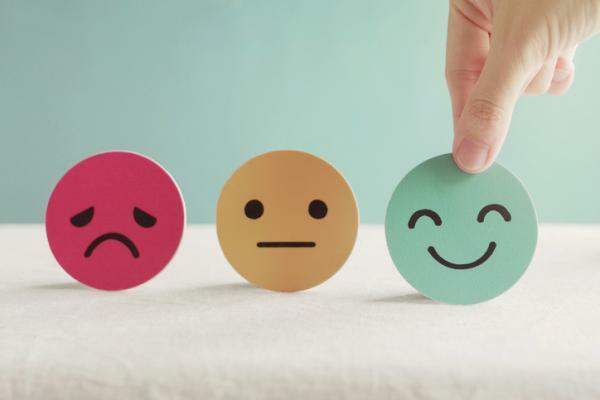
The positive psychology is a current or a school of thought started during the 90s of last century by the American psychologist Martin Seligman who has developed in these almost 30 years to become a very effective method of helping people to be happier.
Seligman, and also other authors such as Ed Diener or Mihaly Csiskzenmihalyi put the focus with this branch of psychology on the positive emotions. They no longer focus so much on negative conditions or analyzing what is not working, but on the positive aspects that surround us in our day to day life and how this can have a beneficial impact on mental and physical health.
The ideas embodied by Diener or Seligman, among other authors, led to the neuroscientist Richard Davidson to perform an experiment with the French Buddhist monk Matthieu Ricard.
This research determined that when a person meditates in love, altruism, compassion and other emotions considered socially positive, like friendship or generosity, he gets a higher degree of well-being
Matthieu Ricard, the protagonist of this experiment, states that meditation can help change the brain, thus introducing himself to one of the principles of positive psychology.
Theorists of this branch of psychology point out that although events that generate negative emotions occur in our lives (anger, fear, sadness, frustration, anxiety), we can always go to compensate those negative emotions through positive feelings and make these more lasting. The key, therefore, is not to avoid negative emotions, but to balance them with positive ones.
The life experience of Matthieu Ricard shows that happiness does not imply moving away from negative sensations, but combating them with other emotions that are more positive. The problem is that we are not always able to choose emotions, since these arrive without more and are linked to the family, social and economic situation.
Emotions are neurophysiological responses to certain stimuli, so you have to know how to act in the face of those stimuli. Positive psychology experts do argue that human beings are capable of influencing these environments or stimuli to promote positive emotions: seek contact with nature, practice sports, surround yourself with loved ones, volunteer work or meditation.
Tal Ben Shahar, another theorist in this psychological branch, claims that knowing that pleasant and positive emotions have a beneficial effect on happiness it is the spur that should lead us to consciously and intentionally seek those positive sensations.
The passage from theory to practice in the field of emotions is not easy. To begin with, it must be done by the hand of true connoisseurs of the discipline. Therefore, more and more professionals are interested in this branch. In fact, if as a psychologist you want to improve as a professional, we recommend this Master recognized by the COPM of the European Institute of Positive Psychology.
From there, the dynamic consists of train our mind, both that of the professional and that of the people requesting help, to see the positive aspects of your day to day. That of seeing the glass half full, although objectively the situation is not at all promising.
Changes in attitude go hand in hand with morphological changes in the brain, but for this you have to train the brain, put a lot of effort into creating positive thinking patterns. This deep work is what differentiates positive psychology from that idea of having an optimistic attitude towards life.
This psychological current goes beyond wanting to think that something positive is going to happen, you have to reinforce those pleasant and good feeling patterns in the brain. Not so much to ward off fears and negative emotions, but to connect these with the good side of things. In short, reach that balance and end up reflecting that the good always ends up weighing more.
This article is merely informative, in Psychology-Online we do not have the power to make a diagnosis or recommend a treatment. We invite you to go to a psychologist to treat your particular case.


